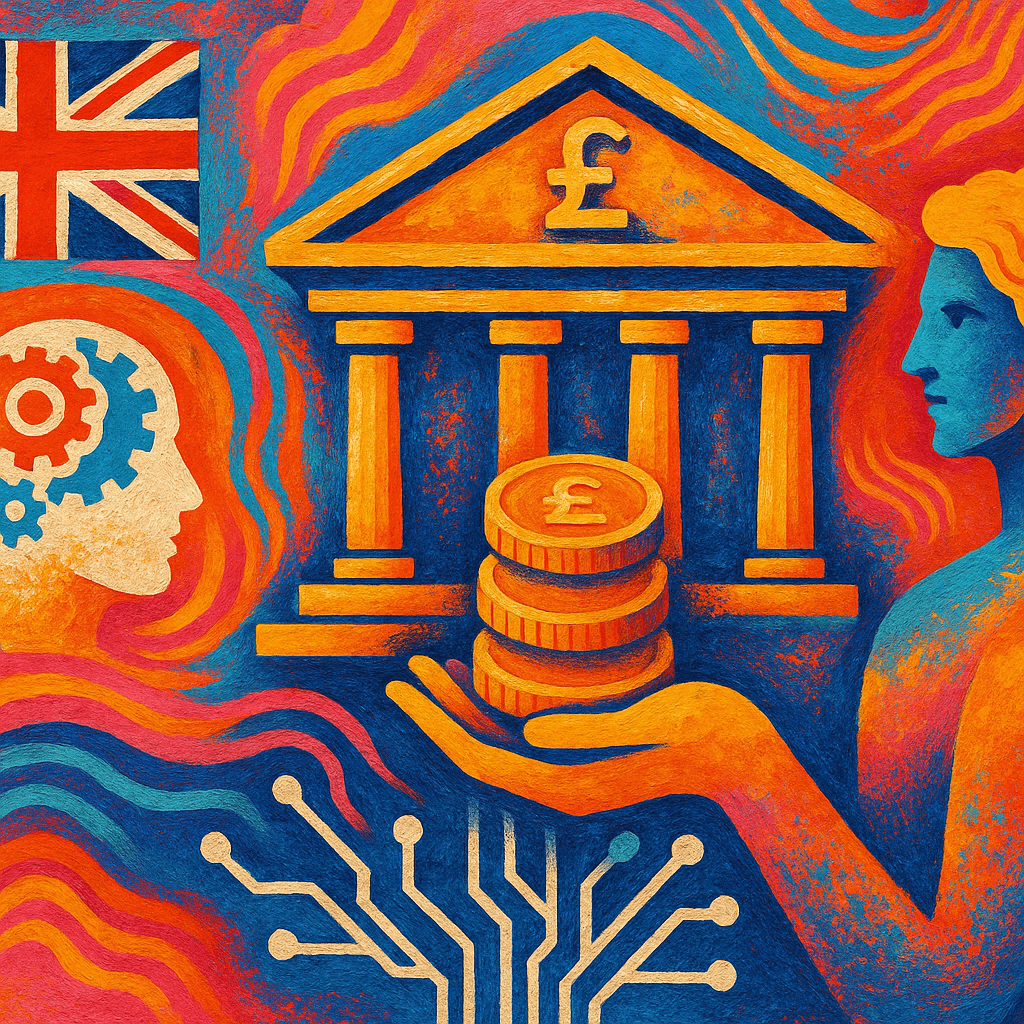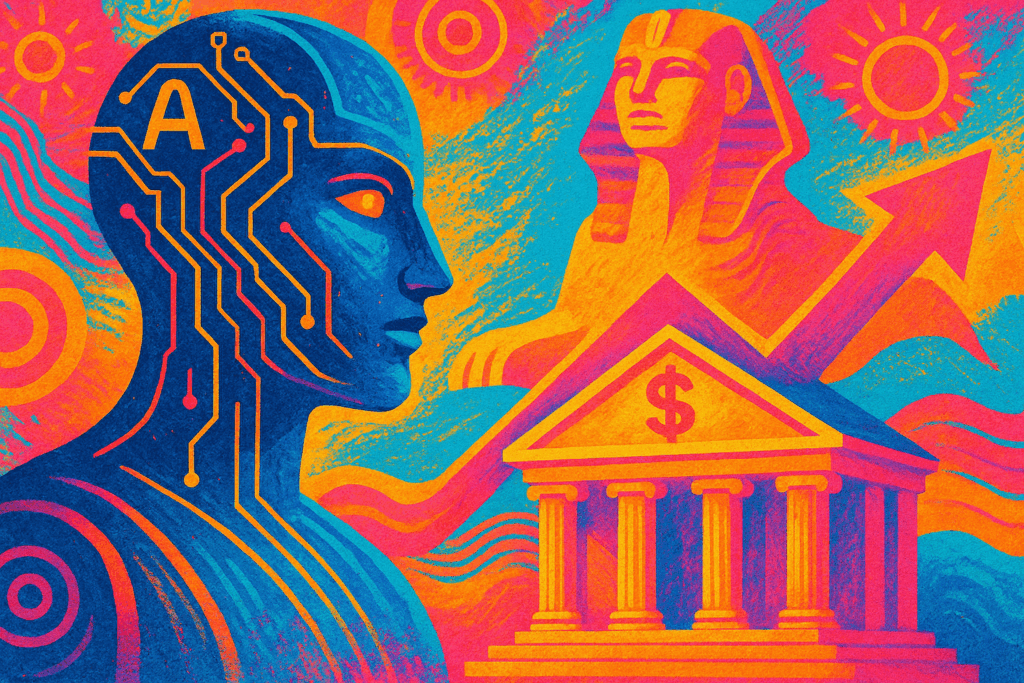Introduction to AI Banking
Artificial Intelligence (AI) has become a transformative force across numerous sectors, and banking is no exception. AI banking leverages advanced algorithms, machine learning, and data analytics to optimize financial services, enhance customer experience, and improve security measures. This revolution is shaping the future of how banks operate and how customers interact with financial institutions.
Key Applications of AI in Banking
- Fraud Detection and Prevention: AI systems analyze transactional patterns in real-time to detect suspicious activities, dramatically reducing fraud risks.
- Personalized Customer Experience: Through AI-driven chatbots and virtual assistants, banks offer 24/7 customer support with personalized recommendations based on customer behavior and preferences.
- Credit Risk Assessment: AI models evaluate creditworthiness by analyzing vast amounts of data, enabling faster and more accurate loan approvals.
- Process Automation: Robotic Process Automation (RPA) automates repetitive tasks such as data entry and compliance reporting, enhancing efficiency and reducing errors.
Benefits of AI Integration in Banking
Integrating AI into banking processes results in multiple benefits:
- Enhanced Security: AI-powered security tools anticipate potential cyber threats and safeguard customer data.
- Cost Reduction: Automation reduces operational costs by minimizing manual work and streamlining workflows.
- Improved Decision-Making: AI analytics provide bank executives with insights that inform strategic planning and customer engagement.
- Faster Services: AI accelerates processing times for transactions, loan approvals, and customer queries, improving overall satisfaction.
Challenges and Considerations
Despite its benefits, AI banking comes with challenges such as:
- Data Privacy Concerns: Banks must ensure compliance with regulations like GDPR to protect client information.
- Bias in AI Algorithms: Ensuring AI models are fair and free from bias requires continuous monitoring and improvement.
- Technology Integration: Legacy banking systems may face difficulties integrating new AI technologies seamlessly.
The Future of AI in Banking
AI will continue to evolve, offering more sophisticated tools to enhance financial services. Innovations such as explainable AI, blockchain integration, and quantum computing hold promise for even greater transformational impact. Banks that embrace AI strategically will gain competitive advantages by offering smarter, safer, and more personalized services.
Conclusion
AI banking represents a fundamental shift in the financial industry, focusing on efficiency, security, and personalization. By understanding and adopting AI technologies, banks can meet the growing demands of today’s customers, paving the way for a future where financial services are faster, safer, and more intuitive than ever before.




